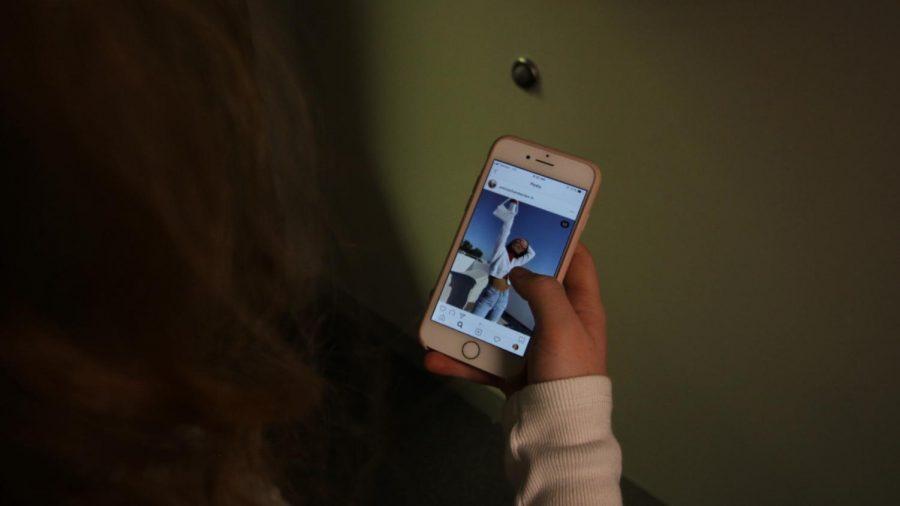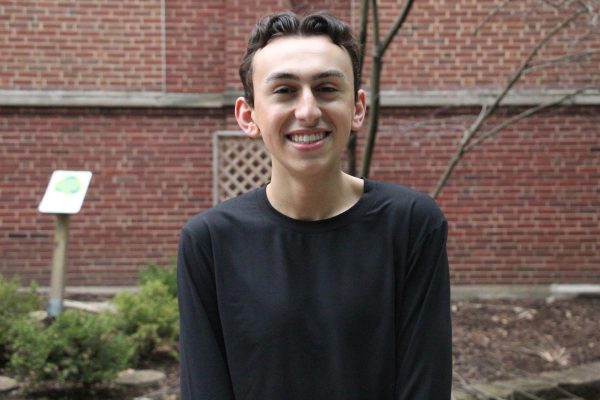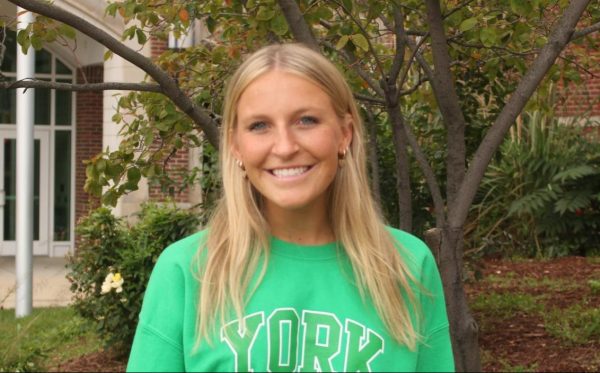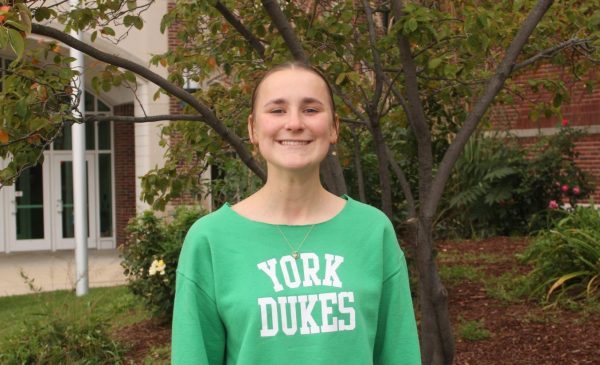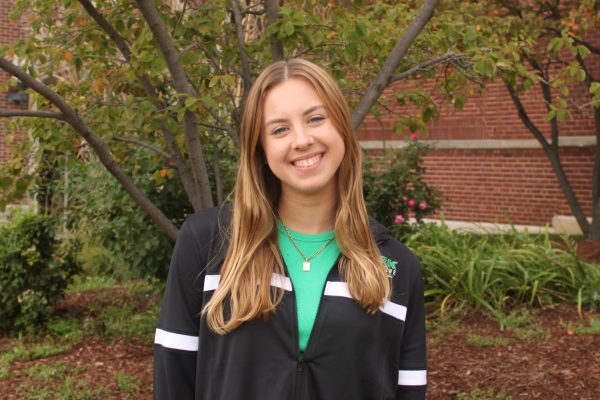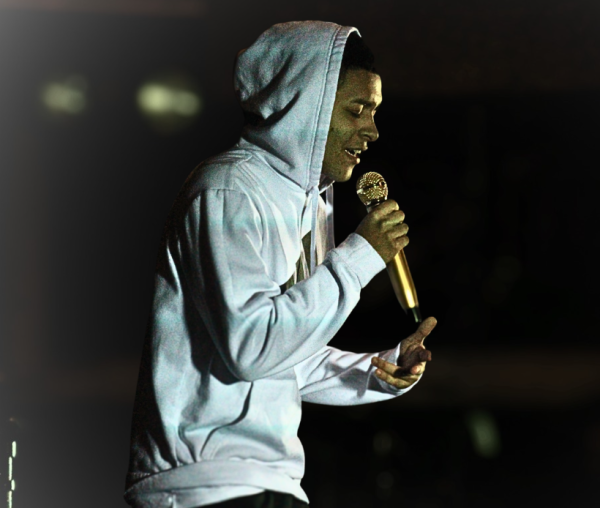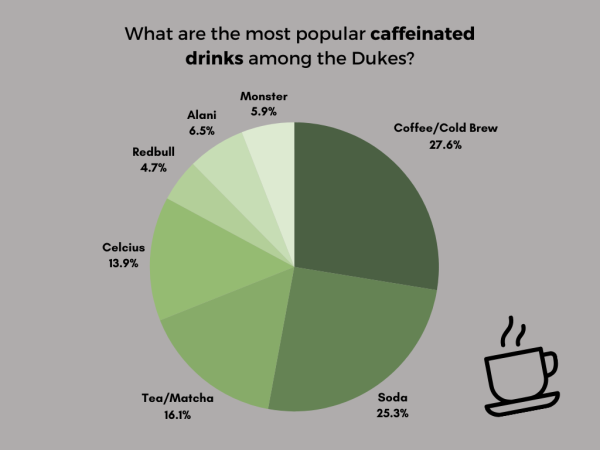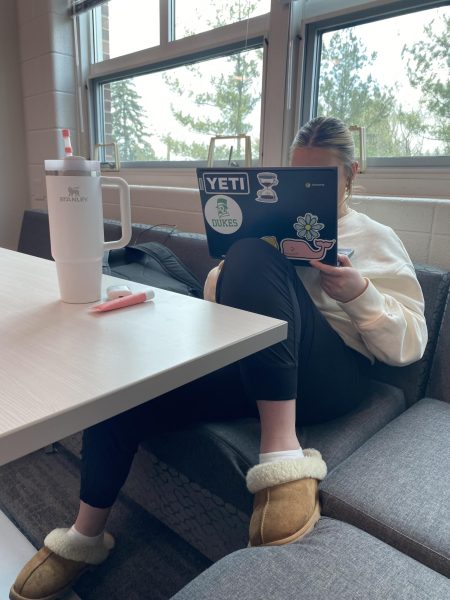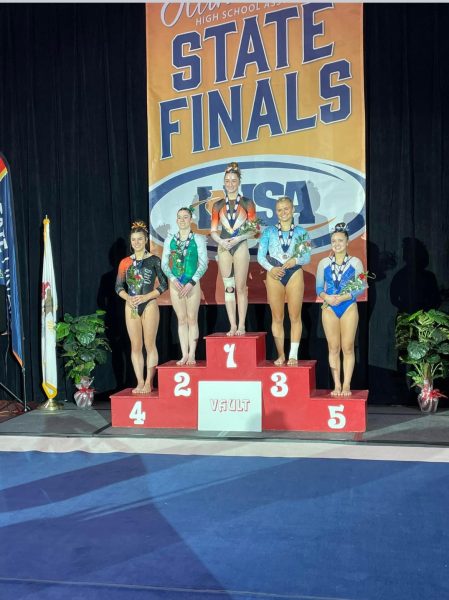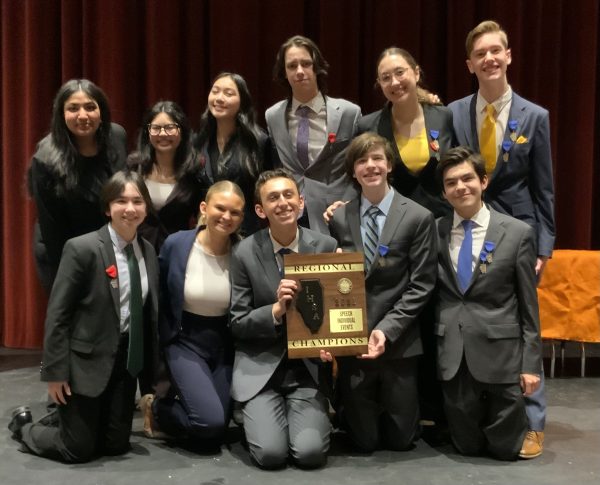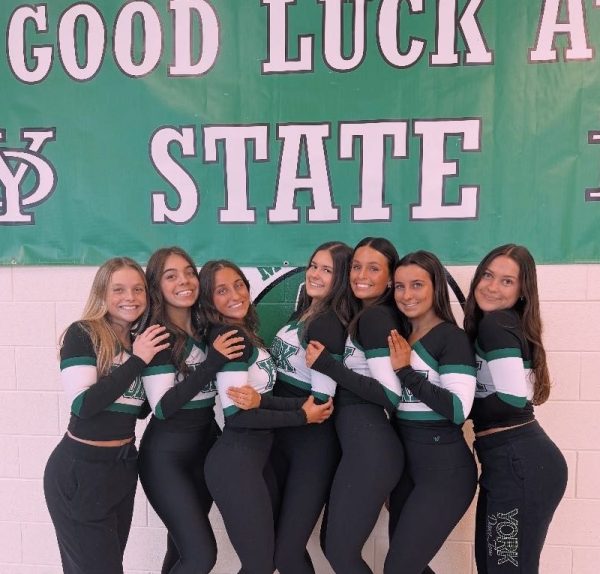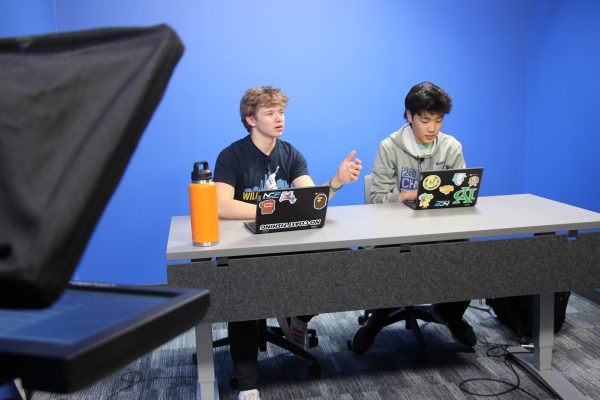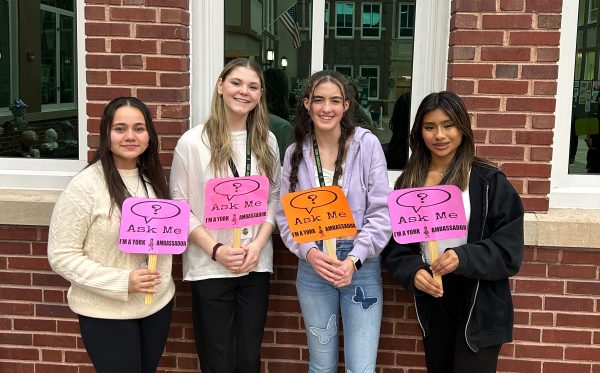A bigger influence
September 14, 2019
Some may dream of becoming an influencer; paid to post on social media, sponsored vacations and, of course, the beautiful Instagram feed.
An Influencer is someone who affects or changes the way that other people behave, for example, through their use of social media.
But influencers aren’t all they’re cracked up to be for their audiences. The constant passive consumption of pointless influencer drama, astonishingly Insta-worthy photos and other unimportant content can take a toll on us.
York Junior, Anna DeSimone, has cleared her feed of influencers by unfollowing many of the ones she previously kept tabs on.
“A lot of [the] time I found myself stalking different accounts and wishing I could be somewhere else or wanting to be someone I wasn’t,” DeSimone said.
According to the #StatusofMind study conducted by the Royal Society for Public Health in the U.K, Instagram, the app many influencers frequently utilize, is the most detrimental app to a young person’s health.
“Instagram can be really toxic for a lot of teens, I think influencers too,” DeSimone said. “If you have a bad day and feel like everything is really like going wrong, it sucks if you open instagram and see this perfect persona and life in front of you.”
We open an app, like Instagram, hoping to be entertained and relieved of boredom, but oftentimes we are left with feelings of longing and resentment.
While some influencers’ seemingly flawless content can be problematic for their audience, influencer Emma Chamberlain of California is no stranger to talking about her flaws on camera.
“I’ve never really been that scared of being vulnerable, like not a lot of people want to talk about their acne,” Chamberlain, who commonly refers to her struggles with acne, said in a video created for Vogue. “There was never really a female Youtuber that I looked up to growing up because I felt like everything was really unattainable.”
Another influencer, former York student Payton Wasserman, argues that there needs to be a balance of positive and “honest” content produced by an influencer.
“They don’t talk about the bad. [Instead] they just focus on the good in their life, but at the same time, I think you have to talk about the bad,” Wasserman said. “The last thing I want is for little kids, or even just vulnerable teenagers, to think that everything is perfect and then get disappointed when it’s not.”
Influencer and York Graduate, Gianna Wieczorek, also recognizes that influencers who have young audiences can be problematic.
“I have run into a lot of influencers that recognize their audience is young and very easily persuaded by every word they say and use it to their advantage, whether it be good, bad or in-between,” Wierczorek said.
Wieczorek also finds that when dealing with impressionable youth, many influencers don’t realize what they’re getting into. Wierczorek has had her own experience with controversial posts, she created a Tik Tok about “women getting back into the kitchen” with the intention of it being a joke.
“Obviously I took the video down, but I had no idea about the impact I would have on my fans at the time,” Wierczorek said. “ A lot of young girls privately messaged me on the matter saying how offended and hurt they were that I fed into the joke, prolonging it even, and that seriously made me take a step back and think about what I was posting.”
Influencers differentiate from traditional celebrities because their actions and messages are much more personal to their audience; but what does that power call from an influencer?
“I just think that influencers need to use their voice, bottom line,” Wasserman said. “They have this voice, they have this audience and they’re using it for what benefits them, not other people; they don’t really think about all the issues going on.”
The authenticity and personalization influencers have when reaching their audiences gives them the ability to bring attention to anything; evidently, this power could be, and should be, used for something more than selfies.
If an icon such as Tana Mongeau was to post about the Brazillian Amazon burnings, it would likely get a lot more attention than having your average high schooler reposting an infographic. When more thought goes into the filtering the content we are overwhelmed with, influencers can play a key role in changing the world for the better.
“This world is not by any means okay right now,” Wasserman said. “I think when you actually have a voice and you have people that will listen and take after you, you need to do something about the problems instead of just sitting back and editing a video.”


